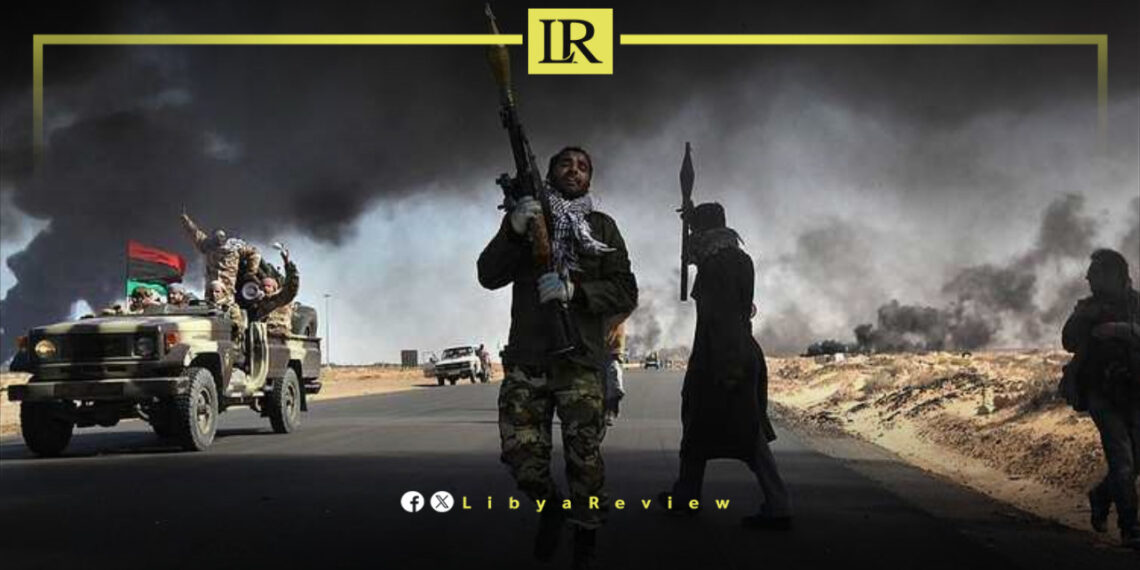Tripoli is experiencing a rare moment of calm after months of heightened tension,
following an agreement between Abdelhamid Dbaiba’s outgoing Government of National Unity (GNU) and the powerful Radaa militia (Special Deterrence Force).
The deal, which reportedly includes the handover of Mitiga International Airport along with other key security sites, is being hailed as an attempt to restore state authority in the Libyan capital. Yet questions remain over whether it marks the beginning of real change or merely a fragile truce.
The agreement, brokered with the involvement of Presidential Council head Mohamed al-Mnifi and observed by the United Nations, has not been made public.
What is known suggests that Radaa will hand over control of Mitiga and certain detention centers, while formal procedures for arrests and investigations will fall under the authority of state institutions.
The deal also reportedly covers ports, other airports, and security arrangements across the capital.
For months, Tripoli teetered on the brink of all-out conflict. Armed convoys from Misrata poured in to back Dbaiba, while Radaa drew support from Zawiya and Zintan. Skirmishes in Janzour reminded residents how quickly tensions could spiral into a devastating war. Against this backdrop, the Mitiga handover looks less like a voluntary reform and more like a desperate compromise to avoid disaster.
Critics argue that militias like Radaa, deeply embedded in Libya’s economy and security apparatus, are unlikely to fully surrender power. Some analysts suggest that undisclosed guarantees, including possible leniency regarding international justice cases, were offered to secure the handover.
MP Abdelmonem al-Arfi dismissed the deal as “just buying time,” while political scientist Othman al-Busifi warned it was only a “delay of conflict, not a resolution.” On the other hand, optimists such as analyst Abdelrahman al-Fitouri describe it as “a courageous step” that could help dismantle militia dominance and pave the way for long-awaited elections.
For Dbaiba, whose mandate expired long ago, the deal may strengthen his political leverage, but it also reinforces perceptions that his government survives by cutting deals with armed groups rather than dismantling them.


